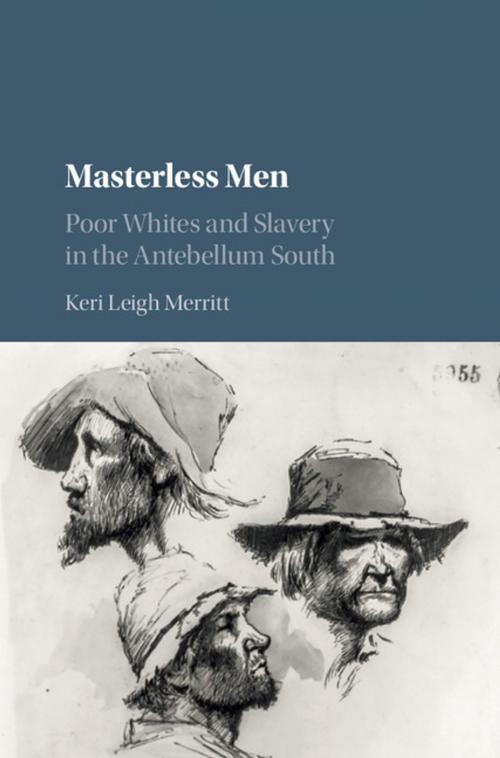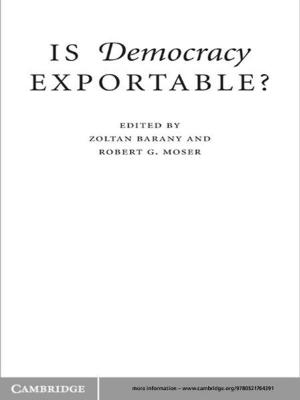Masterless Men
Poor Whites and Slavery in the Antebellum South
Nonfiction, History, Americas, United States, 19th Century, Business & Finance| Author: | Keri Leigh Merritt | ISBN: | 9781316877586 |
| Publisher: | Cambridge University Press | Publication: | May 8, 2017 |
| Imprint: | Cambridge University Press | Language: | English |
| Author: | Keri Leigh Merritt |
| ISBN: | 9781316877586 |
| Publisher: | Cambridge University Press |
| Publication: | May 8, 2017 |
| Imprint: | Cambridge University Press |
| Language: | English |
Analyzing land policy, labor, and legal history, Keri Leigh Merritt reveals what happens to excess workers when a capitalist system is predicated on slave labor. With the rising global demand for cotton - and thus, slaves - in the 1840s and 1850s, the need for white laborers in the American South was drastically reduced, creating a large underclass who were unemployed or underemployed. These poor whites could not compete - for jobs or living wages - with profitable slave labor. Though impoverished whites were never subjected to the daily violence and degrading humiliations of racial slavery, they did suffer tangible socio-economic consequences as a result of living in a slave society. Merritt examines how these 'masterless' men and women threatened the existing Southern hierarchy and ultimately helped push Southern slaveholders toward secession and civil war.
Analyzing land policy, labor, and legal history, Keri Leigh Merritt reveals what happens to excess workers when a capitalist system is predicated on slave labor. With the rising global demand for cotton - and thus, slaves - in the 1840s and 1850s, the need for white laborers in the American South was drastically reduced, creating a large underclass who were unemployed or underemployed. These poor whites could not compete - for jobs or living wages - with profitable slave labor. Though impoverished whites were never subjected to the daily violence and degrading humiliations of racial slavery, they did suffer tangible socio-economic consequences as a result of living in a slave society. Merritt examines how these 'masterless' men and women threatened the existing Southern hierarchy and ultimately helped push Southern slaveholders toward secession and civil war.















